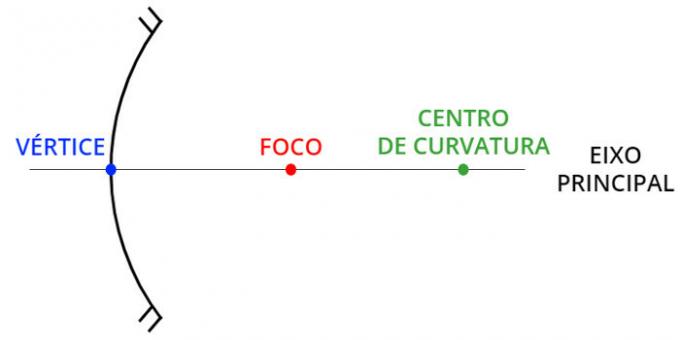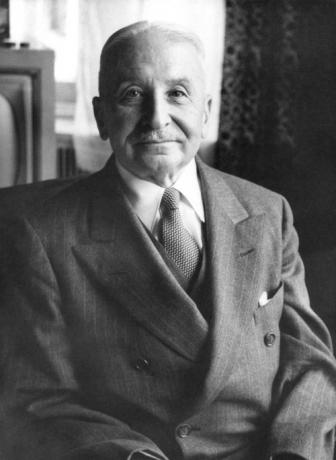This Friday, the 5th, the WHO (World Health Organization) decreed the end of the Covi-19 pandemic. After three years since the beginning of social distancing, the director general of the institution, Tedros Adhanom, decreed that the virus ceased to be a health emergency. According to the latest data, the pandemic caused almost 7 million deaths worldwide.
Along with the WHO decree, long days of anxiety and fear of contagion are also decreed. After all, the Covid-19 pandemic was considered the biggest health crisis of the last hundred years. Prolonged quarantine measures, hospital overcrowding, rising poverty and an unprecedented race to develop a vaccine are marks that society will carry for a long time.
see more
The "powers" of porridge: check out the benefits of oats in…
Espresso coffee is an ally in the prevention of Alzheimer's, says research
The decrease in contagion and the advancement of the vaccine
In all, there were more than 765 million cases diagnosed and reported that they contracted the disease. Despite the alarming numbers, health authorities believe that the number of deaths and contagion could be even higher. It is believed that there were infected people who did not have access to tests and the hospital, for example, indicating that the number of cases may have been even higher.
In Brazil, the Covid-19 pandemic has had significant impacts since its arrival in February 2020, shortly after Carnival. According to the Ministry of Health, the country registered more than 37.4 million cases and 701.4 thousand deaths until April 26, 2022. Important characters on the Brazilian scene, such as the comedian Paulo Gustavo, were victims of the virus.
Vaccination against the virus has curbed the contagion capacity around the world, as the global vaccination campaign was launched to combat the spread of Covid-19, as stated by Tedros Adhanom. To date, more than 13 billion doses of the vaccine have been administered worldwide. Despite the decree, the virus remains a health concern.
“This virus is here to stay. It's still killing and it's still changing. The risk of the emergence of new variants that cause new outbreaks of cases and deaths remains,” said Tedros, saying that the risks are still possible. In cases of alarm again, the director general of the WHO has stated that he will not hesitate to declare protective measures.
Lover of movies and series and everything that involves cinema. An active curious on the networks, always connected to information about the web.


